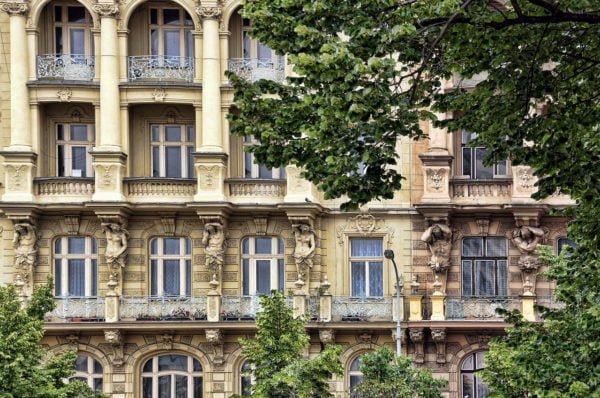21st century life is fundamentally interdisciplinary. From the moment we wake up to the time we go to bed, we live interdisciplinary lives. In all our daily routines, tasks and jobs we blend knowledge with experience, merge skills with talents, adapt and innovate in forming practices and applying solutions to achieve whatever it is we are doing. Our capacity to live our lives in interdisciplinary ways can be found at the heart of who we are, what we do and what we might become.
Such an inclusive understanding of what interdisciplinarity is has profound implications for what this means for doing interdisciplinary work. Labourers, tradespersons, professionals, practitioners, academics, vocational and volunteer workers are all engaged in their own areas of activity, each area having its own discreet and often specialist methods, rules, skill-sets, practices, ways of learning and sharing forms of knowledge and experience appropriate to those areas and activities.
The past decade has seen a widespread rise of interest in interdisciplinary work. This has happened primarily in the context of academia in what has become formally known as ‘Interdisciplinary Studies’. Consistent definitions of what this amounts to are notoriously vague, not helped by the fact that the language of ‘multidisciplinary’, ‘transdisciplinary’ and ‘interdisciplinary’ is sometimes used loosely and even synonymously. Broadly speaking, however, it has come to denote work which involves and pools the methods, approaches, knowledge and skill sets of at least two or more disciplines or areas of knowledge. It is work which is carried out literally ‘inter’ or ‘between’ these ‘disciplines’.
Whilst this kind of ‘exclusive’ understanding of interdisciplinarity is certainly a useful starting point, it doesn’t go far enough. The problem with it is that ultimately it is too narrow and too blinkered to fully equip people with the tools they need to live their lives more effectively in the modern world.
Interdisciplinary work takes place simultaneously in local, national, international and global contexts. Inclusive interdisciplinarity recognises that life is constantly lived at the interface of all these contexts, which are fluid, dynamic and ever changing areas of activity and ways of living. As people in global communities we have become creative centres where experiences, knowledge and practices mingle, merge and are re-made on a daily basis. We are drawn to explore what is happening at the interface of these contexts and we are compelled to probe the boundaries of all these areas of activities. Assessing how they work internally and how they can work together, merge, blend, learn and adapt involves assessing the critical historical and contemporary issues and narratives which lie at the heart of each.
In order to do this we need to create accessible spaces where, regardless of status, title or position, people are invited to meet and engage in a spirit of equality, respect and trust. Interdisciplinary dialogue cannot begin, continue or grow without genuinely mutual respect: if you speak and are heard you have a reciprocal responsibility to also listen and respond. The interdisciplinary encounter is an exchange of ideas, an interaction of points of views, a sharing of knowledge, experience, research, stories and performances.
In the encounter with people from differing contexts, disciplines, trades, professions, and vocations, you are lifted beyond the confines of what you normally experience and share in perspectives that are new, challenging, creative and richly rewarding. This kind of dialogue often illuminates one’s own area of work, is suggestive of new possibilities for development, and creates exciting horizons of truly global understandings for future conversations with persons from a wide variety of national and international settings.
The path to progressive discoveries depends on the spaces we nurture, the activities in which we ask people to become involved and the results which follow from participation and engagement are creative, innovative and novel. The promotion of global understandings, their unique grounding and implementation within communities and societies, evolve and become the bedrock of the next stage in the conversations which in turn foster and create further pathways for growth, development and collaboration.
Somewhere along the way, the realisation dawns that interdisciplinarity is a way of living in the world and being interdisciplinary is a way of transforming the lives of people. Welcome to the interdisciplinary life.

